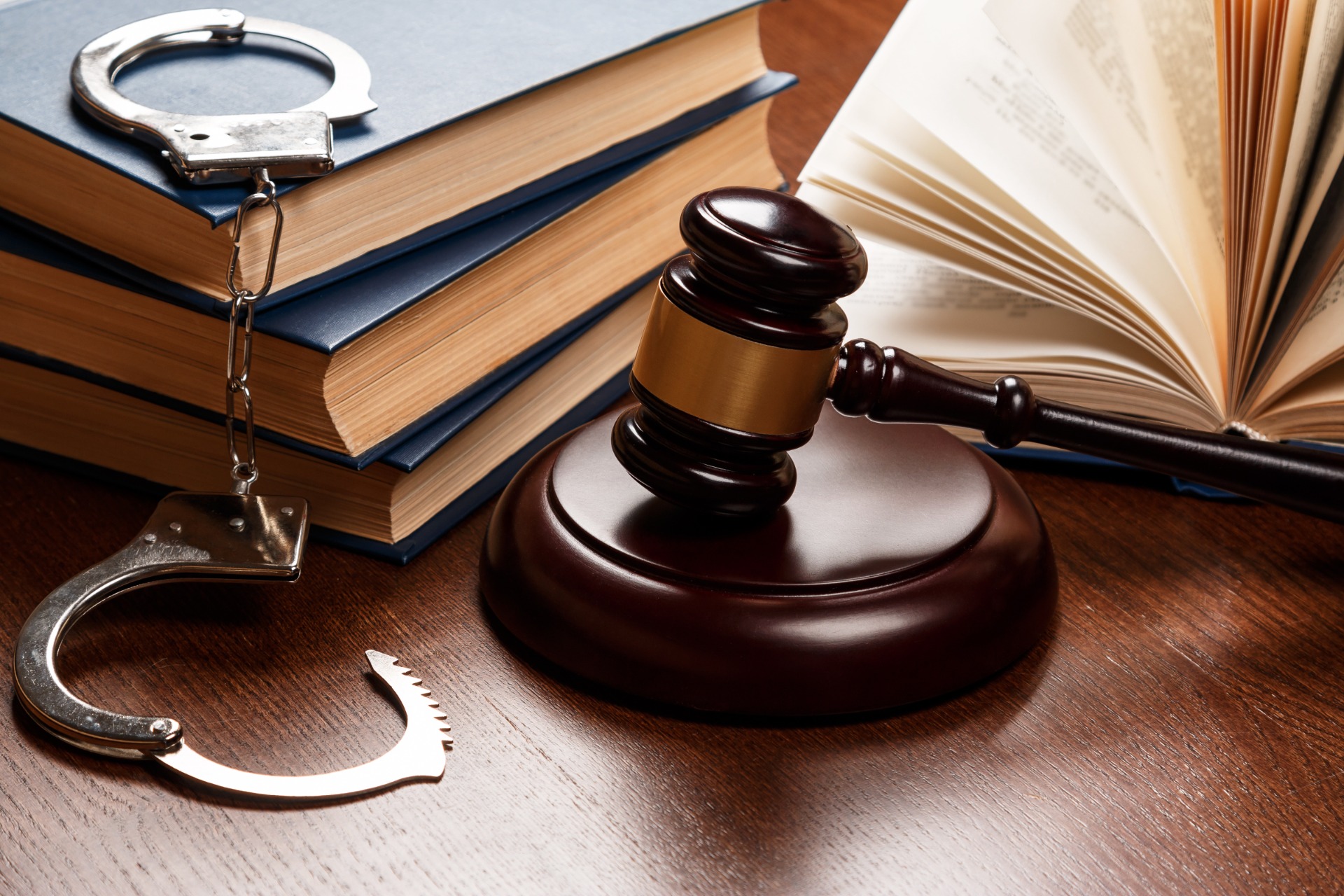
Evidence In Criminal Defense
Navigating the Legal Maze: How a Criminal Defense Attorney Can Help
When you find yourself ensnared in legal troubles, knowing your rights is the first step to navigating the complex maze of the justice system. A criminal defense attorney isn't just a legal representative; they're your guide through a world filled with statutes, case law, and procedural rules that can often seem overwhelming. From the moment of arrest, a criminal defense lawyer ensures that law enforcement respects your constitutional rights, such as the right to remain silent and the right to fair treatment, preventing any potential miscarriages of justice.
Strategic Defense Planning
Once you understand your rights, the next step is crafting a defense strategy tailored to your specific case. A seasoned criminal defense attorney brings a wealth of knowledge about the legal system, including what defenses are most effective given the nature of the charges against you. Whether it's arguing for lack of probable cause during your arrest, negotiating plea deals, or preparing for a trial, your attorney will evaluate all the evidence, employ expert witnesses, and leverage legal precedents to build your defense. This strategic planning can often make the difference between a conviction and a more favorable outcome.

Negotiating Plea Bargains
In many criminal cases, the best outcome doesn't always come from a trial, but from negotiating a plea bargain. Your Priest Criminal Defence plays a crucial role in these negotiations, where they argue for reduced charges or lesser sentencing in exchange for a guilty plea. This process requires a deep understanding of local legal practices and a strong negotiating presence. An experienced attorney not only assesses the strength of the prosecutor's case but also understands how to leverage weaknesses in the state's evidence to your advantage, ensuring the best possible terms.
Trial Representation
If your case goes to trial, having a criminal defense attorney becomes even more critical. Trials are high-stress environments that demand a thorough understanding of legal procedures and excellent public speaking skills. Your attorney will represent you in court, presenting your case in the most compelling way, cross-examining witnesses, and arguing on your behalf before the judge and jury. Their ability to weave factual evidence with legal statutes to tell your side of the story can significantly impact the trial's outcome, aiming to sway the verdict in your favor.
Post-Trial Advocacy
The role of a criminal defense attorney doesn't end with the trial. If the verdict is not in your favor, your lawyer can help you navigate the appeals process, seeking to overturn wrongful convictions or reduce excessive penalties. Additionally, they can manage other post-trial issues like negotiating for probation conditions or facilitating rehabilitation programs. This ongoing support helps integrate legal advocacy with personal rehabilitation, underscoring the attorney's role in aiding clients beyond mere legal representation.